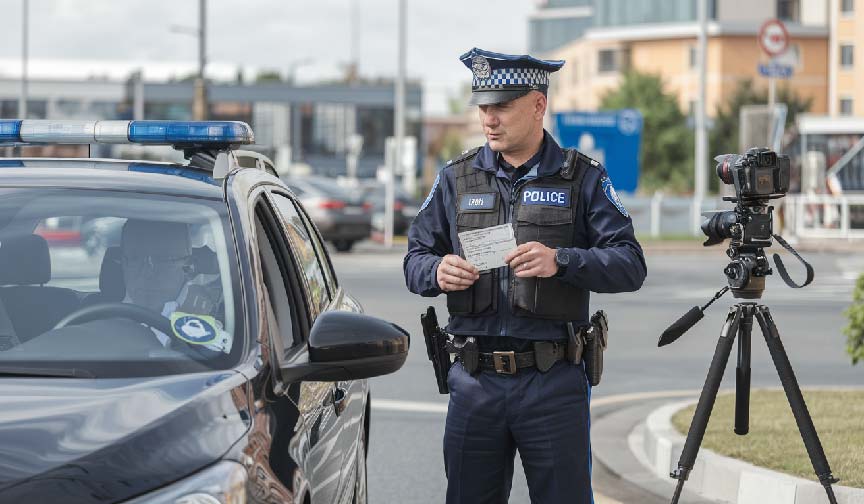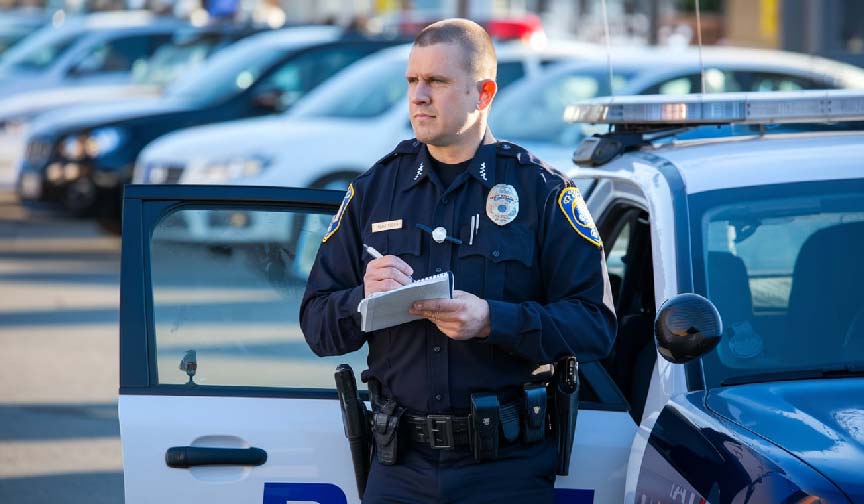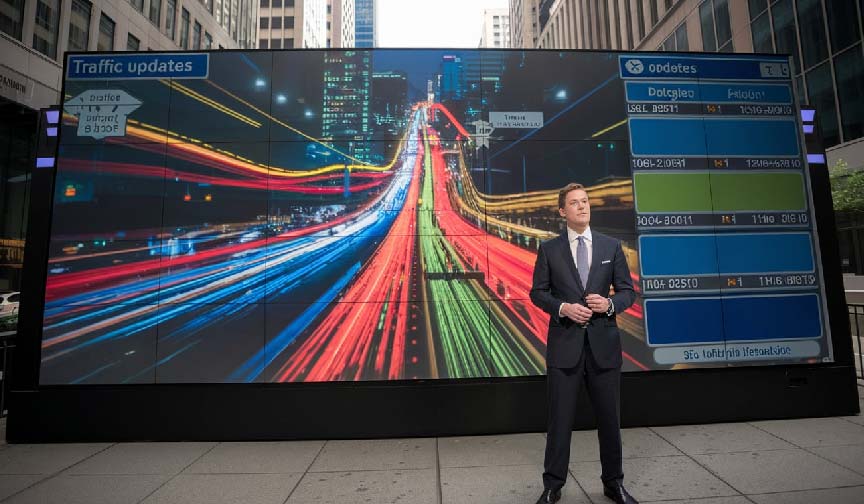Introduction
Traffic stops happen every day across the U.S., but some make headlines for unexpected reasons. Whether it’s a routine stop turning controversial or a heroic intervention by law enforcement, traffic stop news often sparks discussions on civil rights, law enforcement practices, and public safety. But how do these stops impact everyday drivers, and what lessons can we learn from recent incidents?
Before diving into the latest news and trends, let’s explore some essential details surrounding traffic stops.
Traffic Stop Overview: Key Facts & Insights
| Category | Details | Relevance |
|---|---|---|
| What is a traffic stop? | A police-initiated stop of a vehicle | Ensures public safety & law enforcement |
| Common Reasons | Speeding, DUI, broken tail lights | Affects millions of drivers annually |
| Legal Rights | Right to remain silent, refuse searches | Empowers citizens in encounters |
| Racial Disparities | Studies show disproportionate stops | Raises concerns about bias |
| Use of Dashcams | Provides evidence for both drivers and police | Protects against false claims |
| High-Profile Cases | Philando Castile, Sandra Bland | Spark national conversations |
| Impact of Body Cams | Increases accountability for officers | Leads to transparency & trust |
| Common Mistakes by Drivers | Arguing, sudden movements | Can escalate situations unnecessarily |
| Recent Trends | Automated traffic enforcement | Changes the way violations are handled |
| How to Handle a Stop | Stay calm, comply, document the event | Ensures a safer interaction |
Latest Trends in Traffic Stop News

1. Increased Use of Body Cameras
Law enforcement agencies across the U.S. have been equipping officers with body cams to record interactions. This trend has improved transparency and provided crucial evidence in disputed stops.
2. Racial Disparities in Traffic Stops
Recent studies have highlighted racial biases in traffic stops. Reports indicate that Black and Latino drivers are more likely to be stopped and searched compared to White drivers, raising concerns about discrimination in law enforcement.
3. Rise in Automated Traffic Enforcement
Many cities are implementing traffic cameras to issue citations without direct police intervention. While this reduces racial profiling concerns, it raises privacy debates and the accuracy of automated systems.
4. Viral Traffic Stop Videos
Social media has played a key role in spreading awareness about police encounters. Viral videos have exposed both misconduct and acts of kindness by officers, shaping public opinion.
5. New Legislation on Traffic Stops
States like California and New York have introduced laws to limit police traffic stops for minor violations, aiming to prevent unnecessary confrontations and reduce risks.
What to Do During a Traffic Stop?

✅ Stay Calm and Collected
✅ Keep Your Hands Visible
Placing your hands on the steering wheel ensures the officer knows you’re not reaching for anything suspicious.
✅ Know Your Rights
You have the right to remain silent and refuse a search unless the officer has probable cause.
✅ Record the Interaction
Many drivers use dashcams or phone recordings to document traffic stops. However, be aware of local laws on recording police.
✅ Politely Ask the Reason for the Stop
Understanding why you were stopped can help in resolving misunderstandings quickly.
High-Profile Traffic Stop Cases
🔹 The Philando Castile Case
A tragic case where Castile was shot during a routine traffic stop, sparking national protests on police brutality.
🔹 Sandra Bland’s Arrest
Bland was arrested after a traffic stop and later found dead in jail, fueling debates on law enforcement accountability.
🔹 Routine Stops Turned Heroic
Many officers have been recognized for saving lives during traffic stops, from rescuing kidnapped victims to aiding distressed motorists.
FAQs

1. What are my rights during a traffic stop?
You have the right to remain silent, refuse searches, and ask if you’re free to leave. Being aware of these rights can prevent unnecessary escalation.
2. Can I record a police officer during a traffic stop?
Yes, in most states, you can record interactions with police as long as you don’t interfere with their duties.
3. What should I do if I feel a traffic stop was unfair?
Stay calm during the stop, gather evidence (like video or witness accounts), and file a complaint with the local police department if needed.
4. Why do police ask where I’m going during a stop?
Officers may ask general questions to gauge a driver’s behavior and intentions, but you are not required to answer.
5. How do automated traffic stops work?
Traffic cameras capture violations, and citations are mailed to the vehicle owner. These systems are widely debated due to accuracy concerns and privacy issues.
Conclusion
Traffic stops are a routine part of law enforcement, but they often become newsworthy due to controversies, heroics, or legal implications. Staying informed about traffic stop news helps drivers understand their rights and responsibilities, making encounters with law enforcement safer and more predictable. Whether it’s new laws, high-profile cases, or emerging technologies, traffic stops continue to evolve, shaping the broader conversation on policing and public safety.
MORE VISIT, Rankmagzine










